What is an Irrigation Backflow Preventer, and Why Do You Need It?
A well-built irrigation system is crucial for cultivating plants in landscapes, but it’s just as important for a homeowner’s health. When working properly, an irrigation system separates landscape water from potable water, preventing potentially deadly contamination. For this reason, backflow preventers are a must on any irrigation project.
What is an irrigation backflow preventer?
Irrigation backflow preventers work like one-way gates for water. Most of them keep toxic water from backing up and mingling with drinking water. While some people may use a check valve instead of backflow preventers, that method isn’t very reliable since even a tiny bit of water can overcome it.
On the other hand, an effective backflow preventer is usually a much more complex system. The device sometimes consists of many components, such as check valves, air vents, water release valves, and test systems. As a result, it’s fully equipped to prevent backflows.
What causes backflows, and why are irrigation backflow preventers necessary?
Backflows often occur at night, and people may recognize it when they lose water for a couple of minutes. The loss of pressure in the municipal conduit is one common reason for their occurrence. Many issues can cause this situation, including a broken fire hydrant supply line near home. Due to the fall in pressure in the irrigation system, the water pooling around the sprinkler head reaches the municipal conduit and contaminates the drinking water supply.
Another common cause of backflows is construction projects. Water companies sometimes have to shut down the water supply to fix a water line or install another pipe during the project. Consequently, water pressure drops in the area, increasing the risk of backflows.
Backflow preventers are designed to prevent this adverse scenario. Since landscape contains water with all sorts of toxic substances that can bring about sicknesses or worse, mixing that supply with potable water needs to be avoided at all costs. Some of the most harmful substances that can end up in irrigation systems include animal waste and noxious chemicals (pesticides, fertilizers, etc.). If a household is connected to a municipal water system, these toxic substances can make their way to the pipeline and taint the water supply.
Unfortunately, valves that activate and deactivate irrigation systems cannot stop backflows. Over time, all valves break eventually, and backflow preventers step in to prevent an unpleasant outcome. Therefore, trying to save money by not installing an irrigation backflow preventer is ill-advised.
Make a wise investment
Backflows are no minor matter. If they end up in your water supply and mix with potable water, it can lead to dire consequences. For this reason, have a backflow preventer installed in the irrigation system, even if the local codes don’t require it.
Get the irrigation help you need
If you’re unsure whether your irrigation system already has a backflow preventer, contact a professional irrigation company. Their trained technicians will complete an inspection and ensure that no backflows can occur in the system.
Springs of Life Irrigation is a Phoenix-area irrigation company specializing in professional sprinkler and drip irrigation and landscape lighting installation and repair. Call 623-299-2996.

